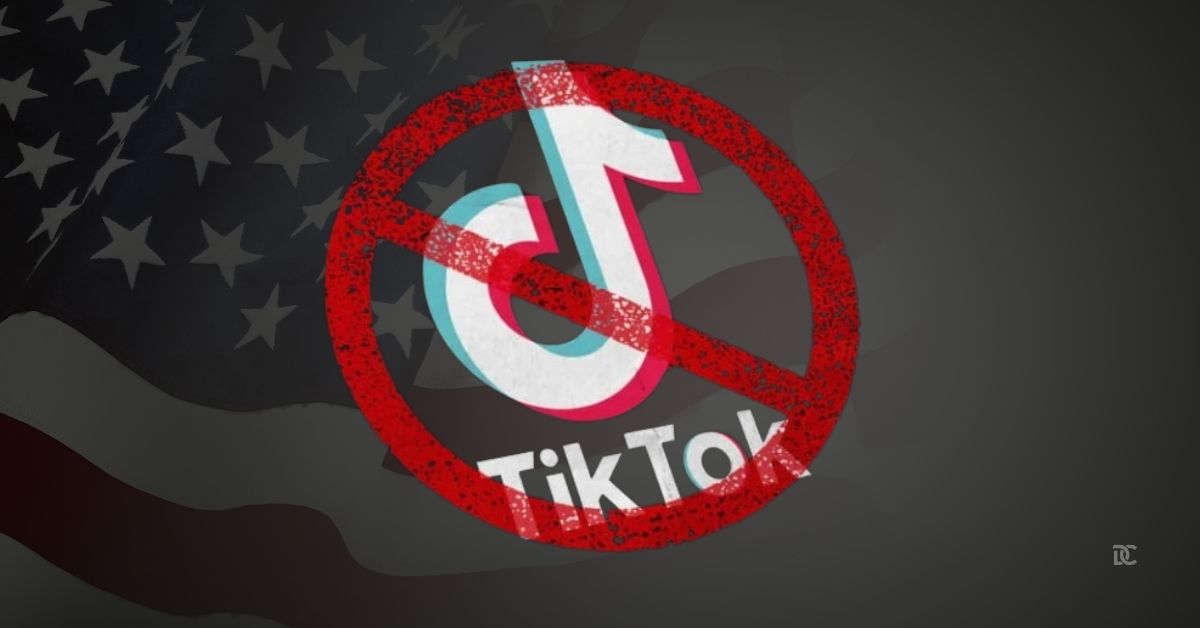After a federal appeals court upheld a law that could force Chinese tech giant ByteDance to sell TikTok—or see the popular short-video app effectively banned in the United States—TikTok released a statement vowing to continue the fight.
In a surprise turn, the court’s decision means that if ByteDance fails to sell TikTok by January 19, 2025, app store providers like Apple and Google and internet hosting services would be required to stop supporting the app. Without that support, TikTok would become virtually inaccessible in the U.S.
This ruling comes amid national security concerns raised by lawmakers and officials who argue that TikTok’s Chinese ownership poses risks to U.S. data and information freedom.
TikTok’s response to the ruling was both immediate and forceful. The company strongly criticized the decision, framing it as an attack on free speech and the rights of the more than 170 million Americans who use TikTok. The platform, known for its millions of viral videos and culturally influential content, sees the ban as censorship.
Also Read
“The Supreme Court has an established historical record of protecting Americans’ right to free speech, and we expect they will do just that on this important constitutional issue,” TikTok’s statement read. The company called the ban “inaccurate, flawed and hypothetical,” and claimed it would “silence the voices” of Americans on January 19, 2025, if allowed to go forward.
Reports indicate TikTok is likely to seek an injunction to delay the ban’s enforcement. This would give them time to pursue further legal challenges, potentially even taking their case to the Supreme Court. Their goal is to ensure that the app remains available to U.S. users as the legal battle plays out.
Why does the US Want to ban TikTok?
The U.S. government has long expressed worry that TikTok’s parent company, ByteDance, could be required to hand over user data to the Chinese government if asked. Although TikTok has repeatedly denied sharing American user data with Chinese authorities and has taken steps to separate U.S. data storage, these assurances have not convinced all lawmakers or regulators.
A previously proposed sale of TikTok’s U.S. operations stalled during the Trump administration. While that crisis seemed to fade under President Biden, bipartisan concerns about data security and foreign influence never fully disappeared. The recently upheld law puts those issues back into the spotlight. It sets a firm deadline for TikTok and ByteDance to either restructure their ownership or face a shutdown in one of TikTok’s largest and most influential markets.
If the ban were to take effect, millions of American TikTok users could lose access to an app that has become a hub for creativity, entertainment, education, and business. Creators who rely on TikTok’s audience for income, personal branding, or community building could be forced to find new platforms. Consumers who use the app for quick tutorials, humor, or the latest news would have to look elsewhere.
TikTok users can still open the app, scroll through videos, and engage with their favorite creators. The company is not giving up without a fight, and a prolonged legal battle seems likely. Until a final decision is reached—whether in courts or through a successful sale—TikTok’s future in the U.S. remains uncertain.
The deadline for January 19, 2025, looms large. TikTok and its users will be watching closely as the situation unfolds, hoping for a resolution that keeps the beloved platform alive and accessible to millions of Americans.






